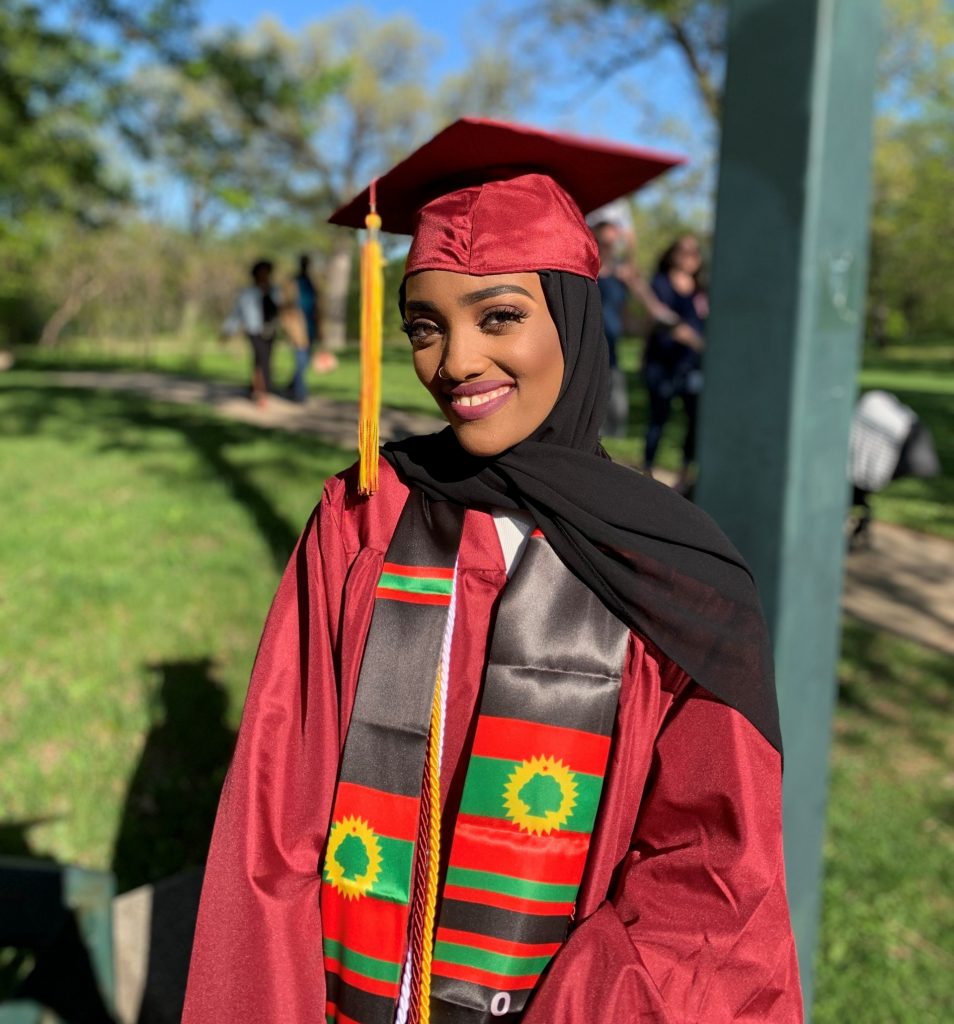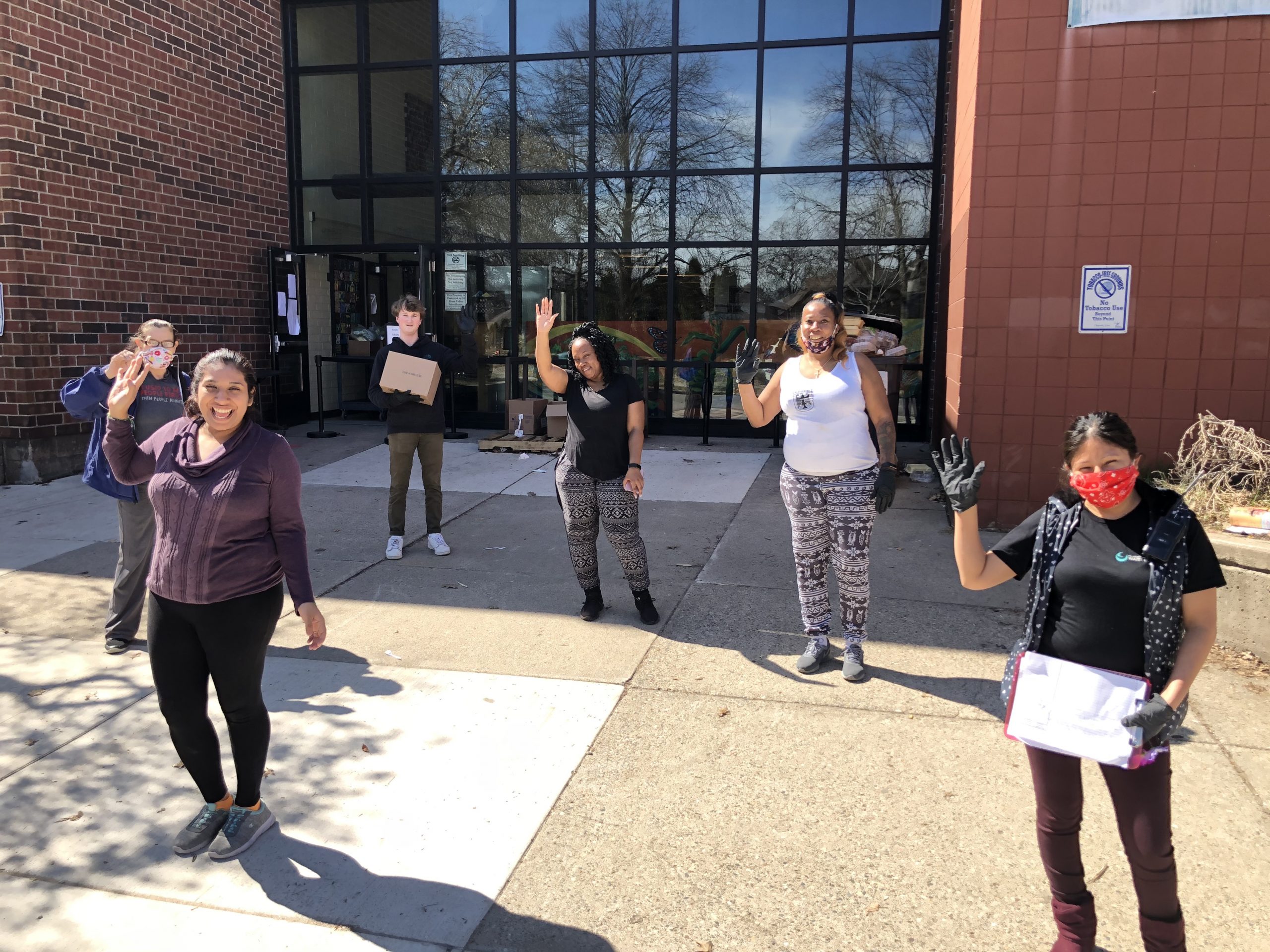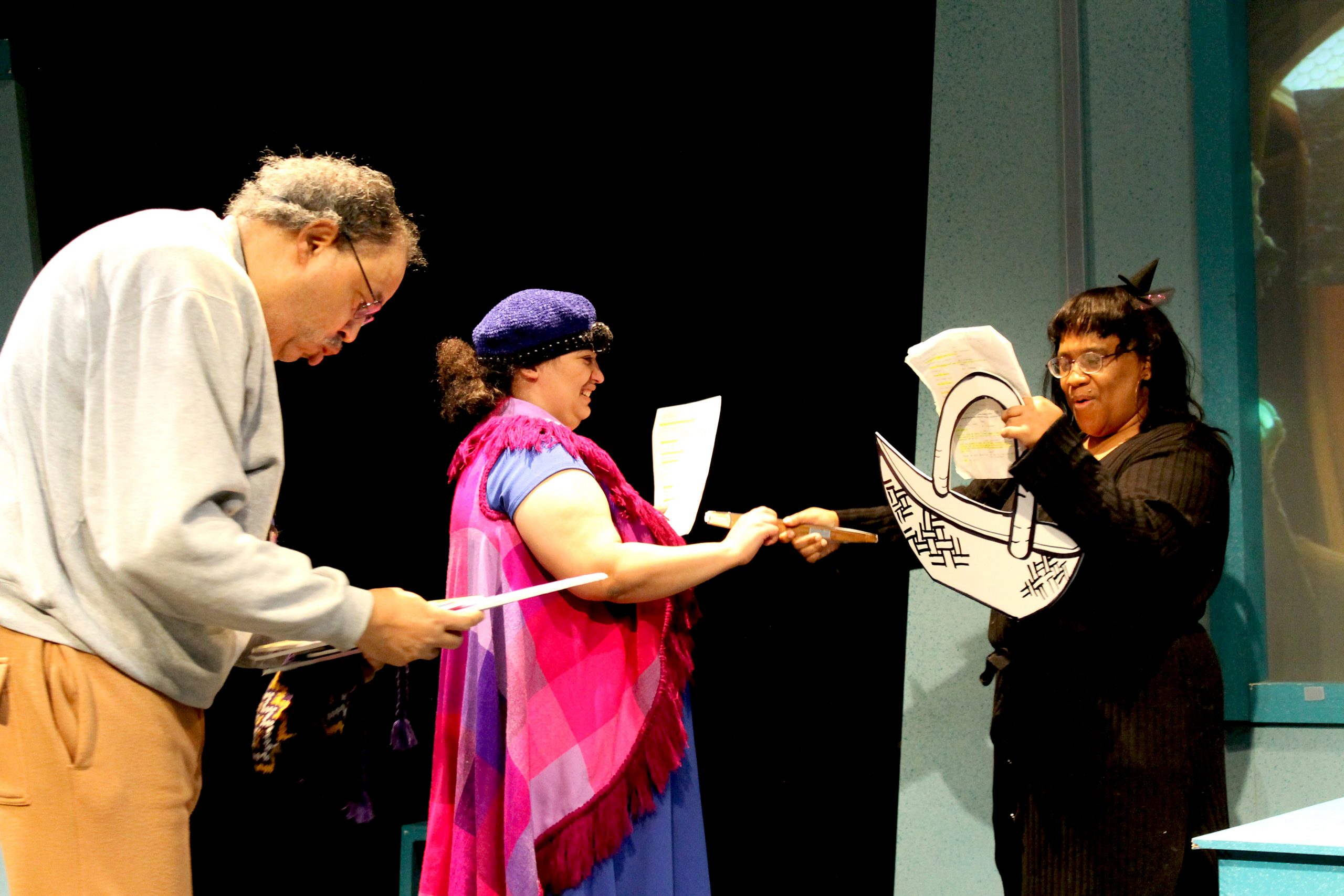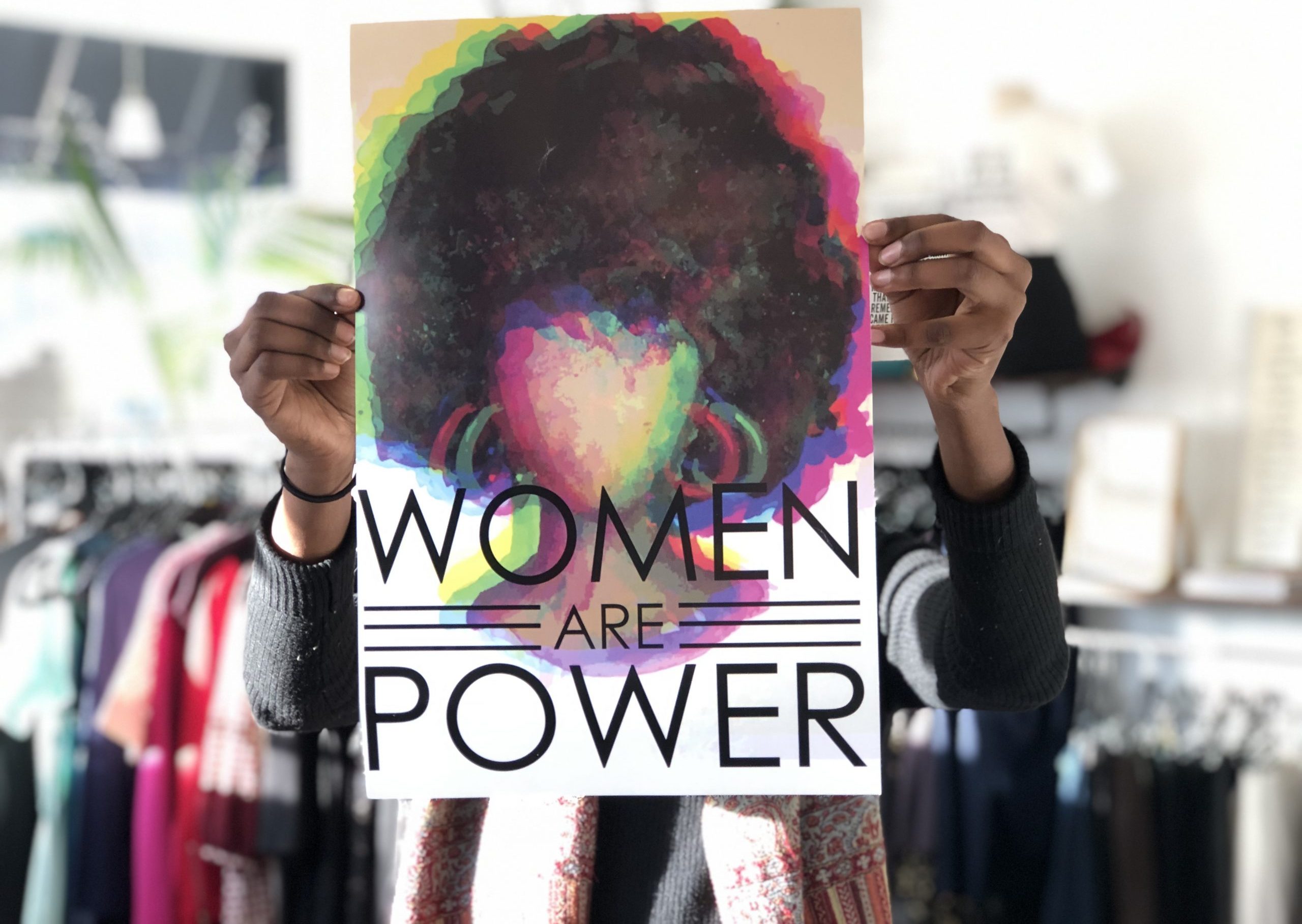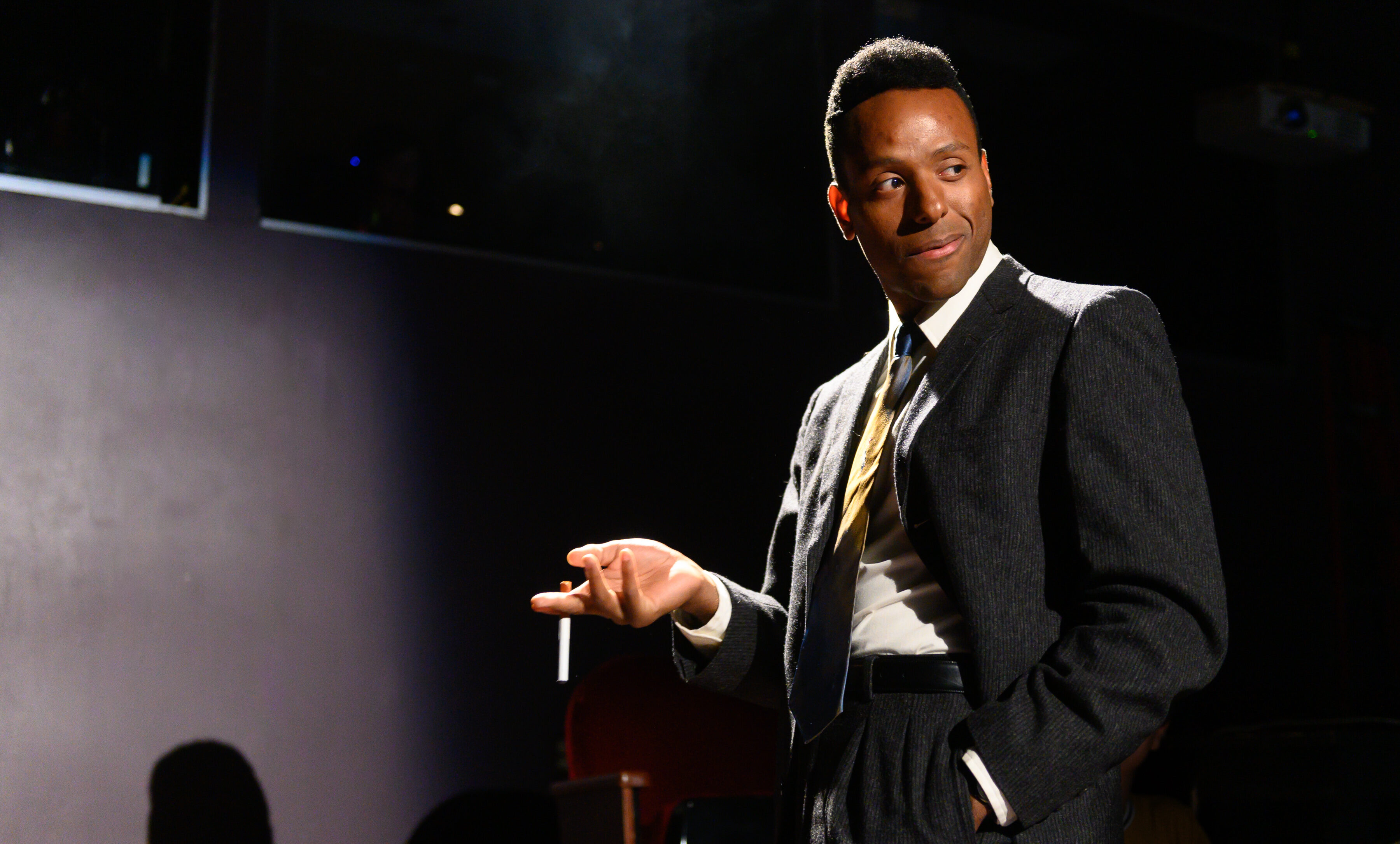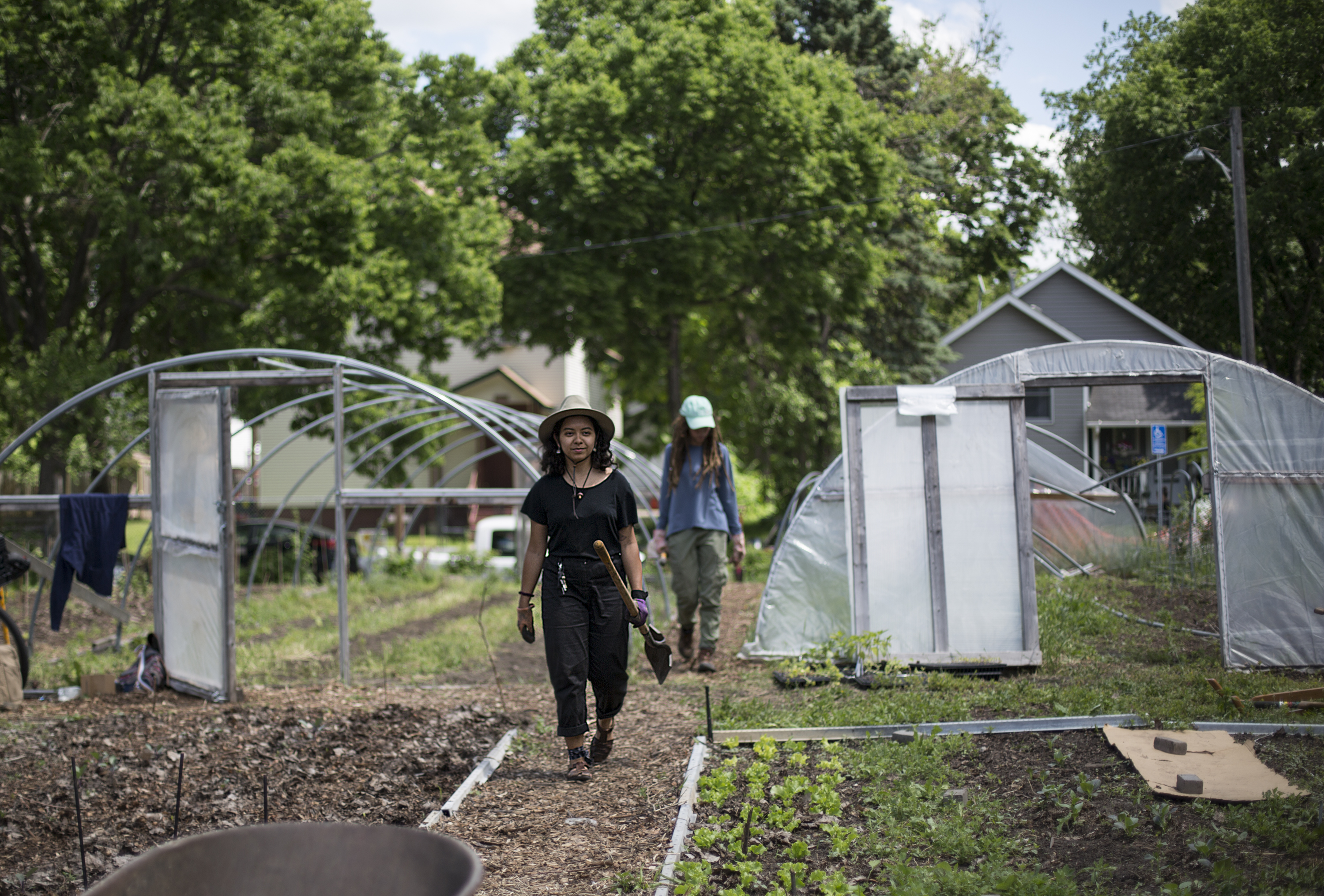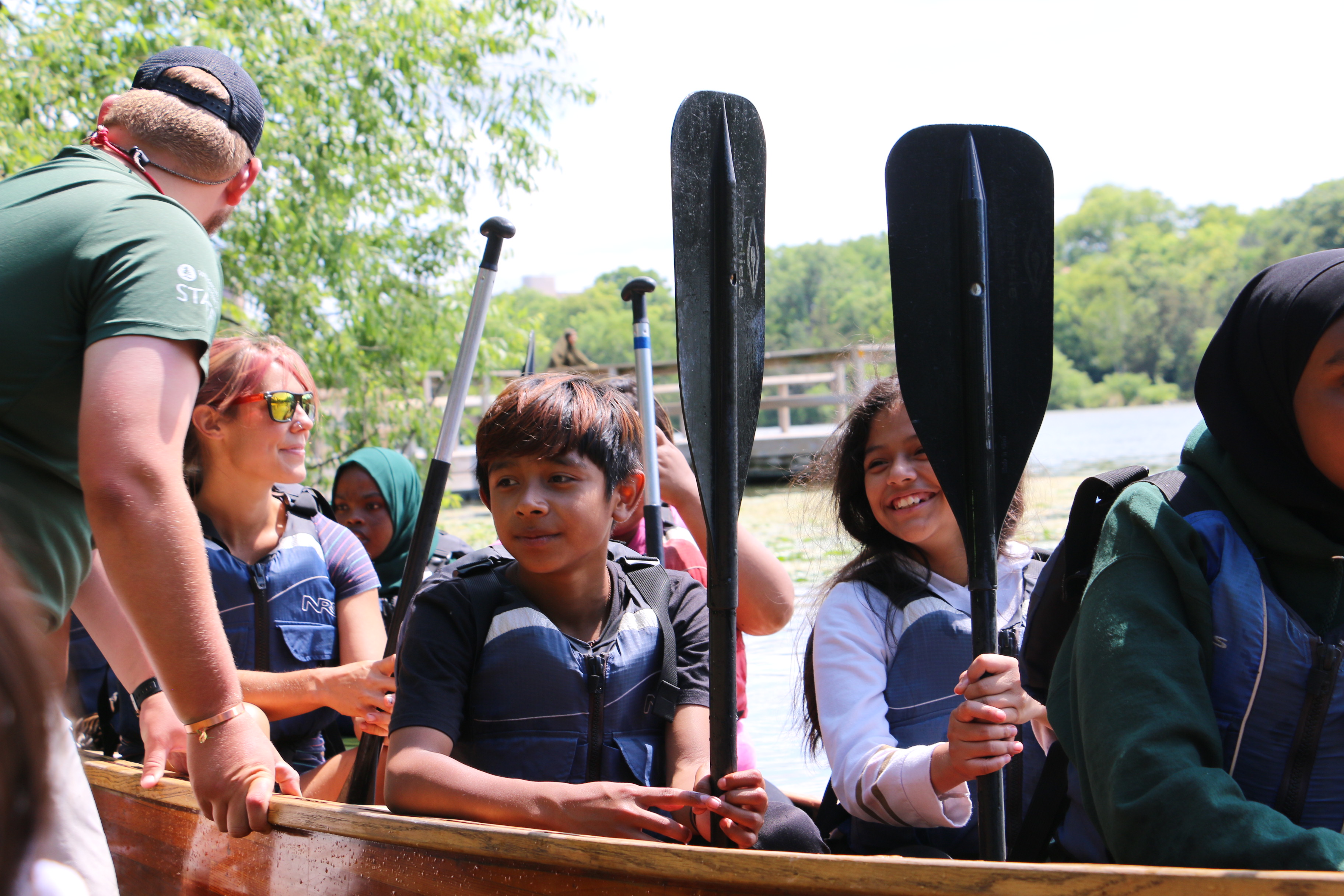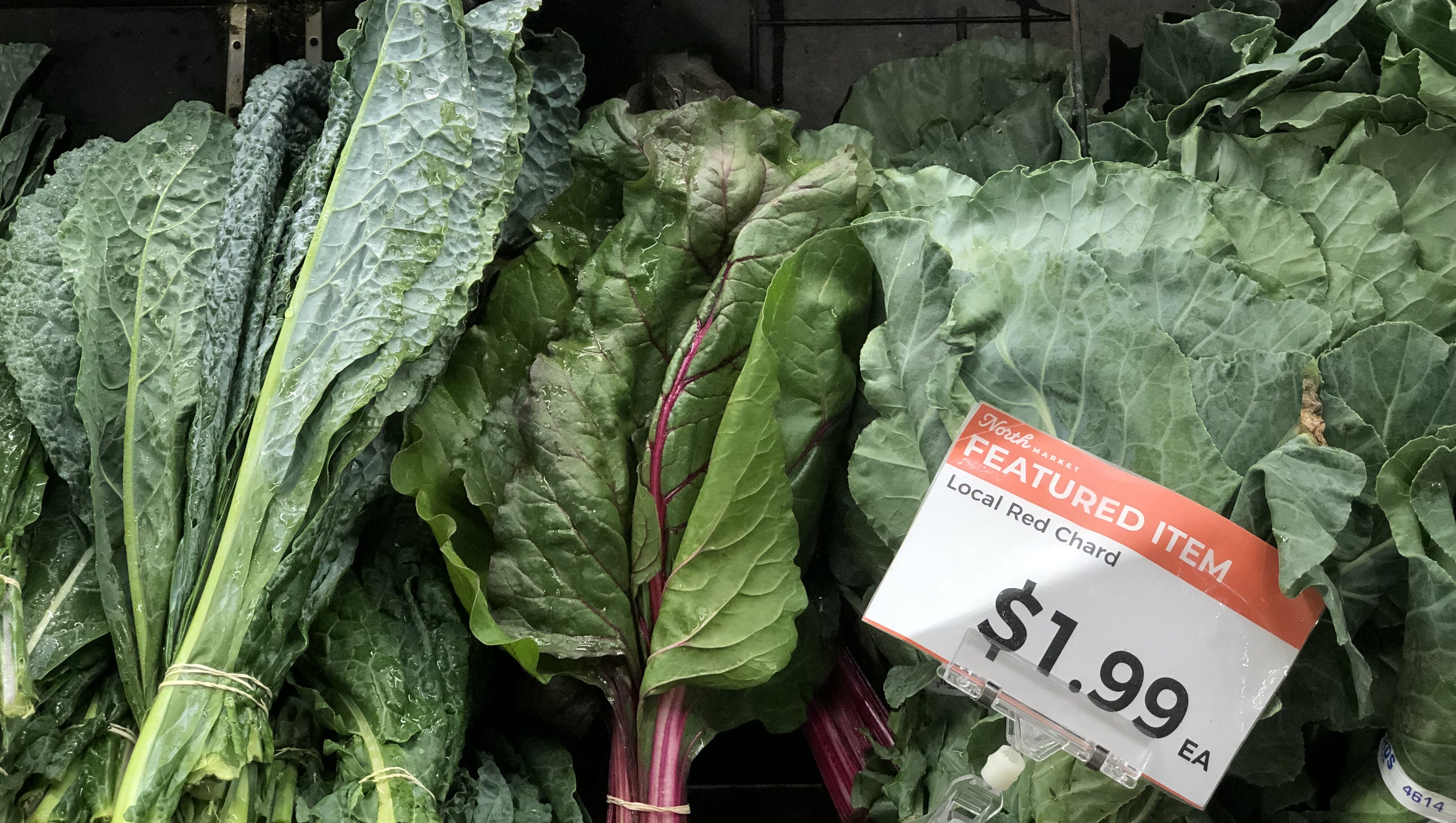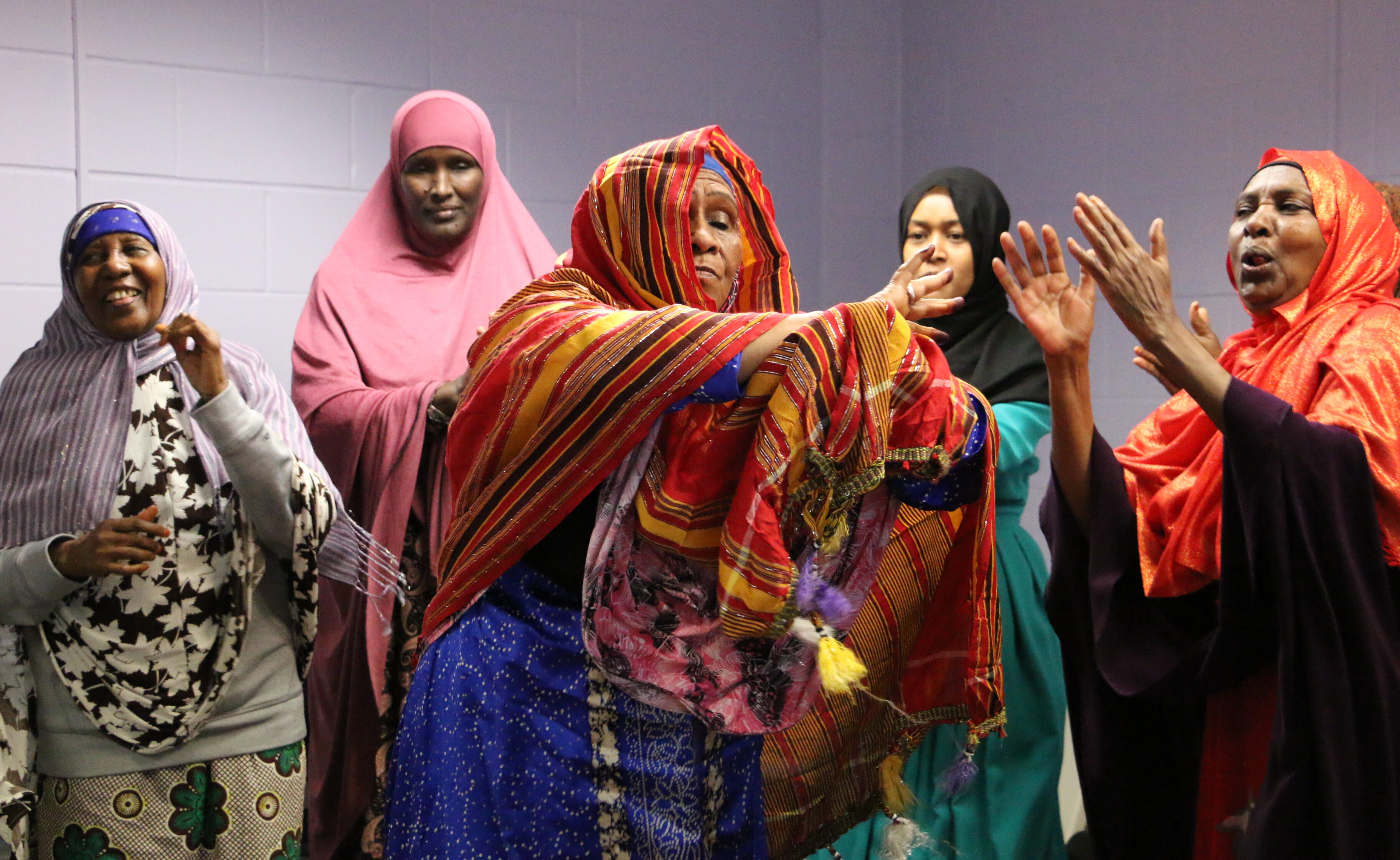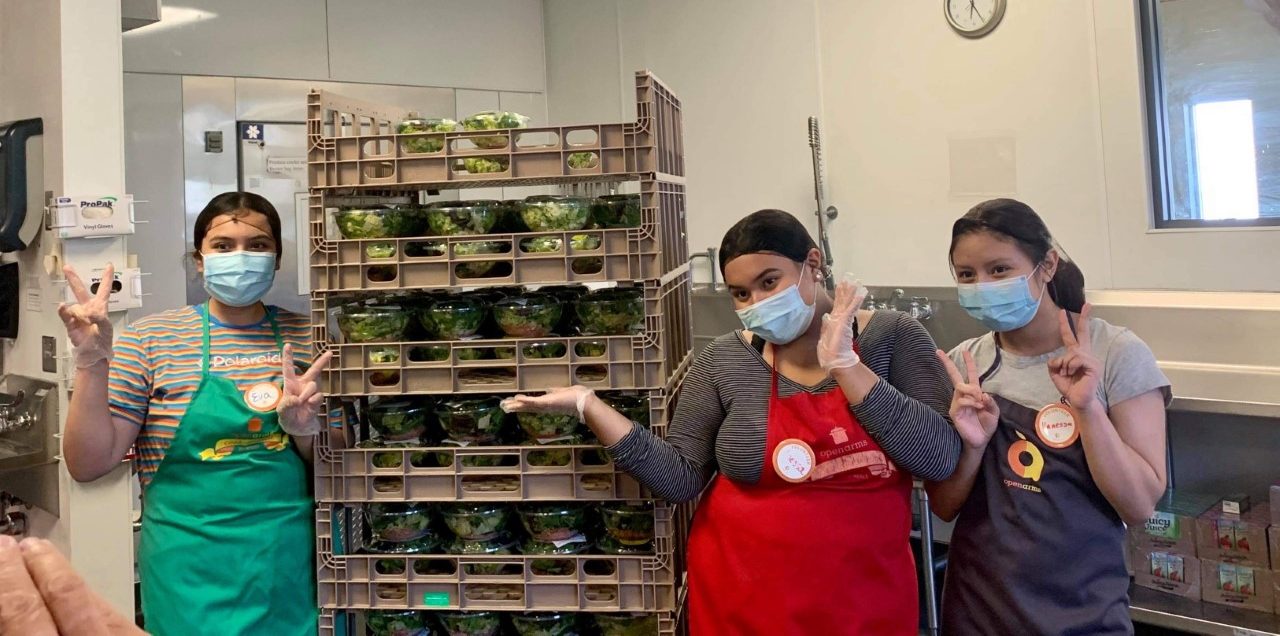
Summer 2020—and our agency’s summer youth programs—have officially wrapped up. As you can expect in light of a post-COVID world, programming these past few months has looked quite different compared to summers past. Yet despite the added challenges of navigating daily life during a global pandemic, our young folks still took the time to learn and develop their personal and professional skillsets, create powerful multimedia content, and step up to support their community.
Here’s a quick breakdown of what our young folks were up to in summer 2020:
- 19 urban agriculture interns, in partnership with the Minnesota Landscape Arboretum’s Growing Good initiative, learned how to grow and cook their own food from home!
- 14 food shelf interns helped neighbors meet their essential needs surrounding food access and crucial services by running our food shelves, making and serving hot meals, and delivering food parcels and prescriptions to elders and families
- 8 Roots for the Home Team interns grew produce and designed a signature salad using culturally relevant and locally grown ingredients. The cancellation of summer baseball meant they couldn’t sell their salads at Twins games, as in past summers—so instead, they partnered with Open Arms to prepare and distribute fresh salads to thousands of individuals living with chronic illness across the Twin Cities Metro.
- 7 youth researchers examined issues pertaining to mental health and addiction in the Phillips community, deepening their civic engagement and sense of community connection.
- Plus 73 paid interns hosted at Pillsbury United social enterprises, including:
- Sisterhood Boutique, our youth-managed fashion consignment store in Cedar Riverside, where young women cultivated their business savvy and leadership skills;
- KRSM Radio, our radio station in the Phillips community, where youth learned audio production skills (including podcasting and DJing) to share their reflections on the death of George Floyd, COVID-19, and other issues that matter to them.
- Brian Coyle Best Buy Teen Tech Center, a space for young people in the Cedar Riverside neighborhood to explore their digital creativity.
All in all, we got the opportunity to work with 121 talented and hard-working young people this summer, engaging them in a mix of virtual and in-person programming across our various agency sites and programs.
While these programs provided valuable opportunities for growth and development, what’s also important—if not more important—is that these programs provided safe and supportive spaces for young people to socially connect and express themselves. As we enter into the new school year with the uncertainty of a socially distanced “new normal,” the power of those connections can’t be overstated.

